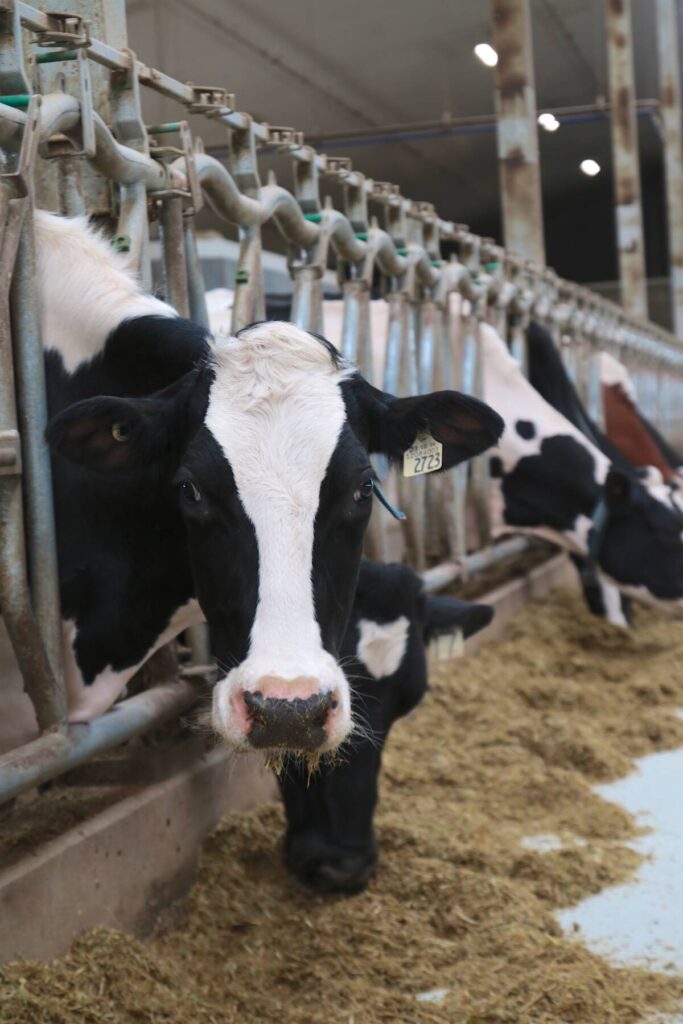Supply management bill goes straight to Senate

REGINA — The Bloc Quebecois wasted no time returning a sometimes contentious topic to the parliamentary agenda, introducing a bill to protect supply management just days after the first session of the new government began.
Party leader Yves-Francois Blanchet introduced Bill C-202 May 29, and on June 5 it was sent to the Senate without any debate. It follows Bill C-282 in the last Parliament and C-216 in the one before that. Neither of those bills made it fully through the parliamentary process.
The bill would amend the Department of Foreign Affairs, Trade and Development Act to protect supply managed industries in future trade negotiations. Exporters don’t like that idea, while supply management proponents say they’ve given up enough.
Read Also


Pulse sector fights anti-green trend
pushing pulses as an environmental solution can be risky
Blanchet said he promised during the campaign to introduce the bill because it is important to Quebec’s economy and reminded MPs that all political parties say they support supply management.
“Once again, I note that all of the political parties in the House have indicated that they will support this initiative. I therefore hope that we can move forward quickly with the support of all members,” he said when introducing the bill.
He said the amendment deserved urgent attention.
The Canadian Agri-Food Trade Alliance urged the Commons and the Senate to reject it.
“As with previous iterations of this bill, C-202 would undermine Canada’s agri-food sector, damage our trade relationships and harm the thousands of farmers, ranchers, processors and agri-food exporters who rely on open access to global markets to make a living,” said president Greg Northey in a news release.
CAFTA said the bill would have implications for all sectors of the economy, not just agriculture, and that sectoral carveouts in trade negotiations would put objectives at risk at a time when Canada should be more ambitious.
The organization urged MPs to not bypass parliamentary procedure and send it directly to the Senate, but they did.
The debate over supply management also continues outside of politics.
University of Saskatchewan agricultural economics professor professor Stuart Smyth called for the system to be phased out “for the greater good of the country.”
In a June 3 commentary for the Macdonald-Laurier Institute, Smyth said that would lower the cost of dairy and poultry products for consumers. He called supply management “an outdated, flawed and costly system” and an anti-competitive production model.
Dairy Farmers of Canada begged to differ.
For one thing, farmers don’t set retail prices, the organization said after reviewing the commentary.
“The prices of supply managed products have remained stable and generally in line or below inflationary trends in Canada,” it said in an emailed statement.
“In 2024, the average retail price of milk was almost equal to that of the United States at $1.64 per litre in Canada versus $1.44 per litre in the U.S.”
At the same time, the average prices of yogurt, natural cheese blocks and butter were similar or lower.
DFC said American and other dairy systems receive direct financial production subsidies, which means consumers pay twice — through taxes and at the store.
Smyth said farms would be larger and more efficient without the supply managed system. DFC said Canadian dairies are smaller than those in the U.S. but that doesn’t make them inefficient.
Smyth said the new government should phase out supply management by removing 10 percentage points of total quota each year for the next 10 years. He also said the government should reduce tariffs by the same amount in the same time frame to encourage competition.
“Allowing new and existing producers to increase production based on free market signals will greatly reduce the waste and inefficiencies that have long existed in supply management production systems, such as the practice of dumping excess milk,” Smyth wrote.
DFC has disputed a study earlier this year that estimated Canadian dairy farms dumped 6.8 billion litres of milk between 2012 and 2024.
Smyth also argued that dairy production could and should move to the Prairies because herds are already twice as large as the average Quebec herd and water is plentiful.
“Canadian dairy consumers are paying higher prices to subsidize small, inefficient Quebec dairies, while other dairies across Canada are dumping milk as they do not have enough quota to sell the full volume of milk they produce,” he said.
Smyth suggested four policies government could enact:
• Quota licences should be available nationally, rather than provincially.
• There should be a time-limited guarantee backstop for younger farmers who have used their quota as collateral.
• Financial institutions recognize the value of quota licences while the system is dismantled and not demand immediate repayment.
• The government should also provide a 10-year guarantee to farmers who demonstrate economic efficiencies and increase operating equity, thereby reducing their financial risk, before the system is officially dismantled.
Source: www.producer.com


